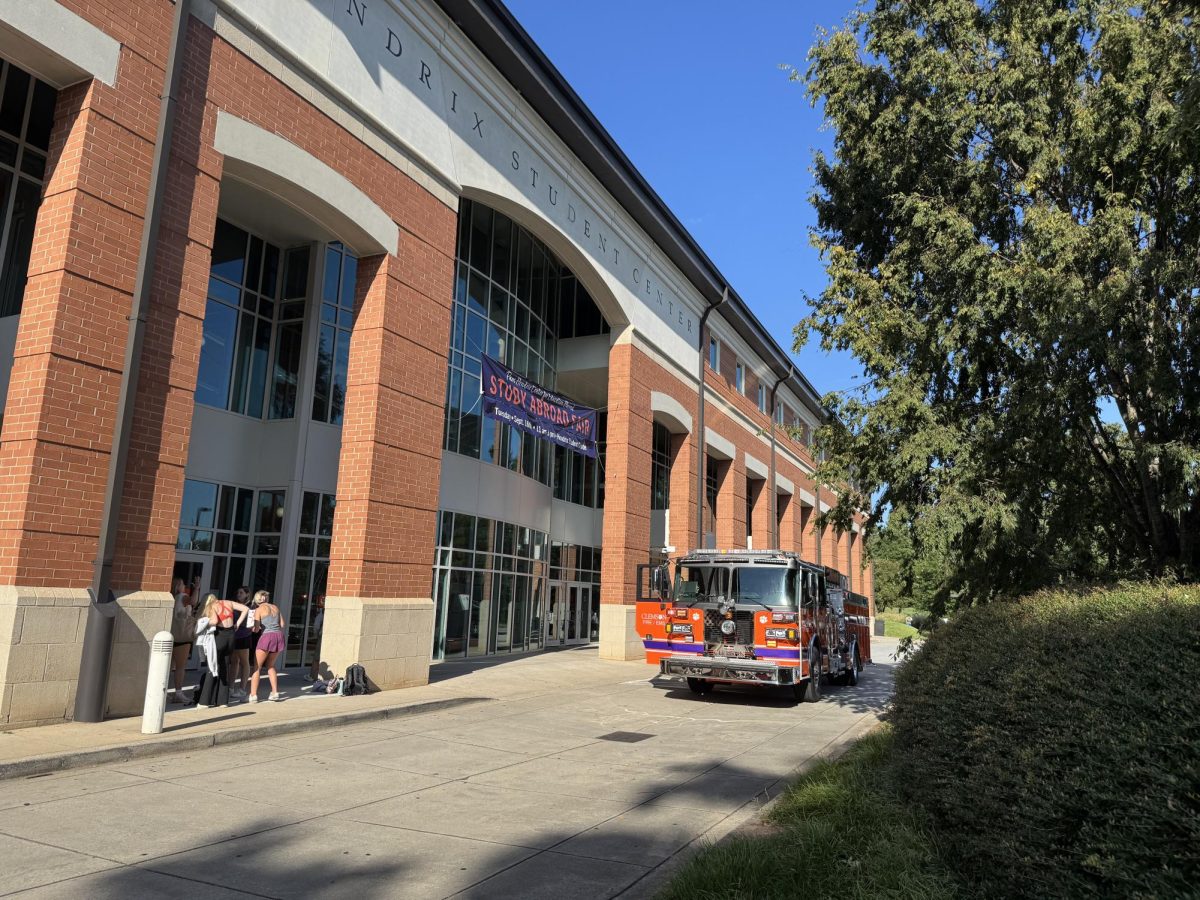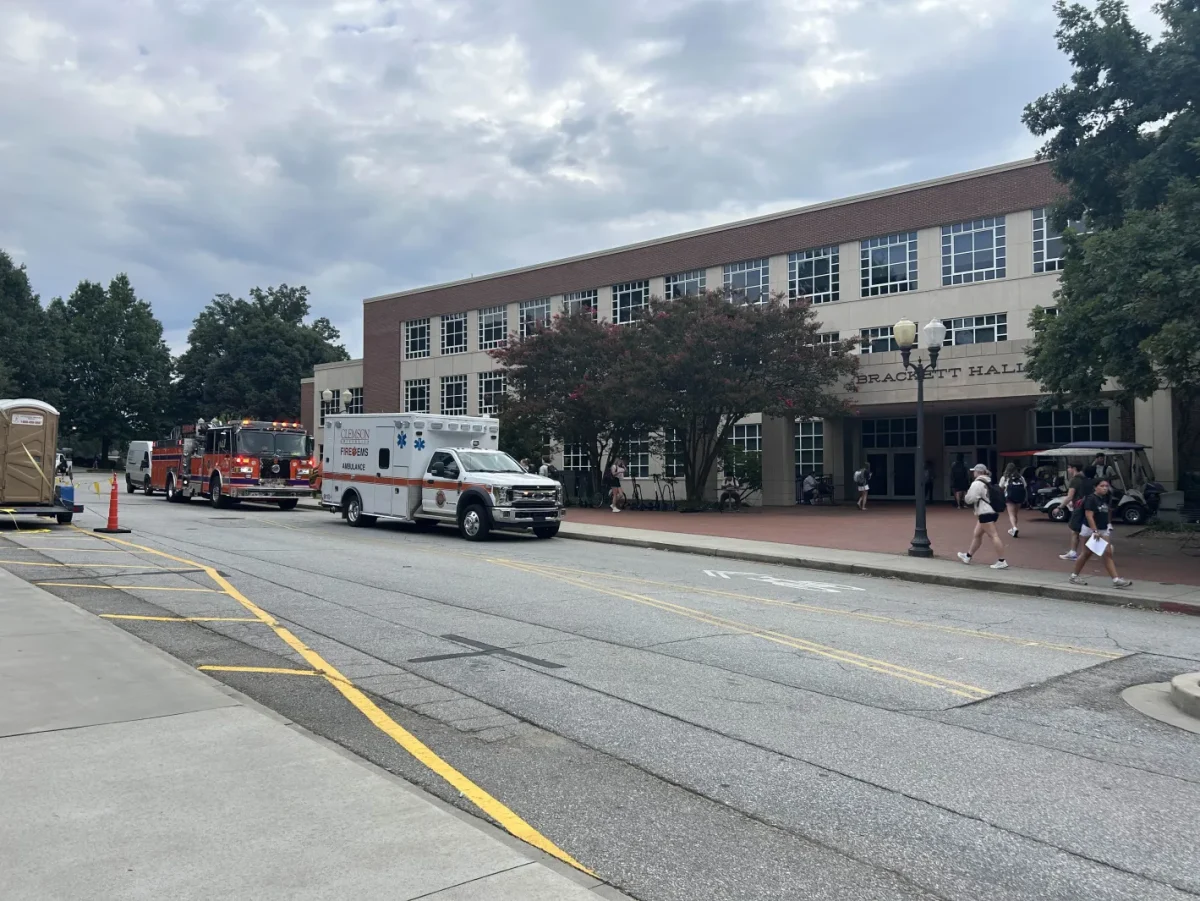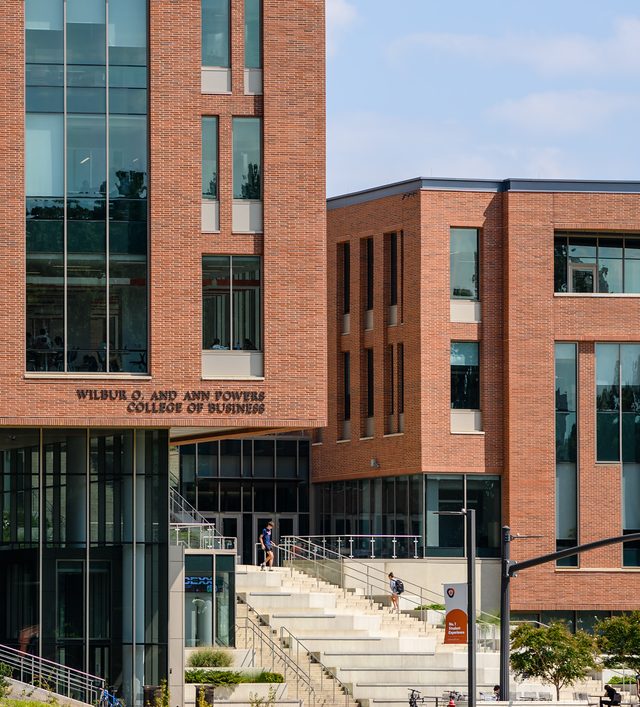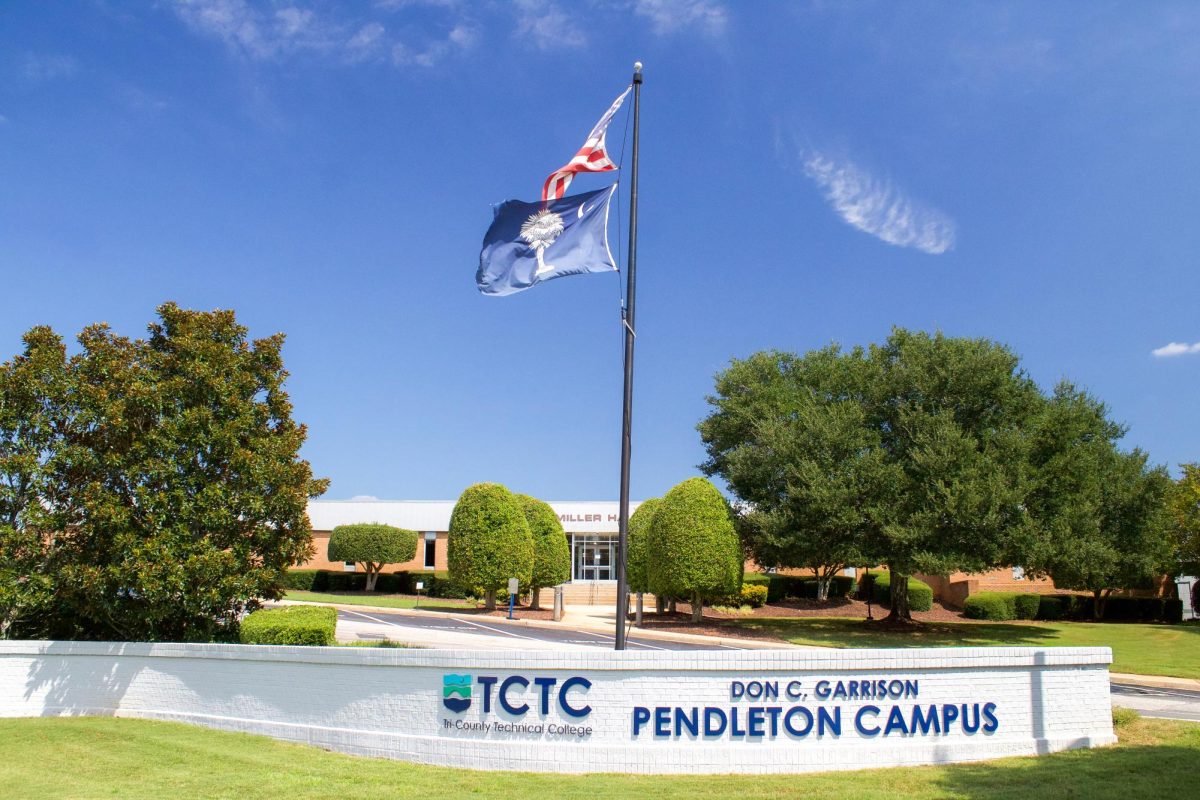Engineering professors at Clemson University are working on a new research project that seeks to end human trafficking.
The five-year, one million dollar project includes Dr. Tom Sharkey, an operations research (OR) expert who recently joined Clemson’s industrial engineering department.
Using OR models, the project works to understand how human trafficking networks respond to task force disruptions. The goal is not merely to disrupt trafficking networks, but to evaluate the unintended consequences that intervention might have on victims.
“Ideally, the research will be able to suggest how partnerships across stakeholders – from social services to law enforcement to survivor support agencies – should be formed to best remove victims from their trafficking environment and meet their long-term needs,” said Sharkey.
In collaboration with Sharkey, Clemson industrial engineering professor Dr. Yongjia Song said the research might also aid in shutting down trafficking networks altogether.
“The project aims to create and validate new mathematical optimization models that best disrupt and dismantle, as opposed to simply displace, various types of operations within the human trafficking network,” said Song.
The project relies on transdisciplinary methods to collaborate with experts across multiple fields, including anthropology, criminology and engineering.
Song said he is grateful to be a part of such a diverse team.
“In addition to addressing this challenging problem with high societal impact, we also establish an effective collaboration framework that enables the joint effort from a diverse set of expertise in different disciplines,” said Song.
The project also partners with a human trafficking task force and multiple survivor advocacy groups. Through these partnerships, the researchers recognize the limits of their data. In other words, OR models may not capture the full scope of human trafficking in the real world.
Sharkey said these partnerships are critical in being sensitive to the complexities of human trafficking, adding “The fact that we have a diverse set of academic disciplines represented on the team and we have established a survivor-centered advisory group that has both independent survivor-consultants and representation from survivor advocacy groups is so critical for understanding these limitations.”
In terms of reflecting Clemson University, Sharkey and Song noted that insight from both subject matter experts and real survivors of human trafficking helps validate their research.
“We hope that this validation will help to shape policy,” said Sharkey.
The project’s findings may lead policymakers to implement more effective strategies for stakeholders to work together for survivors.
Clemson students who have been advocating for survivors of interpersonal violence, including trafficking, see this as a great gain for the university and its surrounding communities.
Madalyn Levitte, a sophomore nursing major and associate director of Clemson Students for Survivors said, “Greenville and Anderson County are 2 of the top 5 counties in the state for reported human trafficking.”
Students for Survivors is thrilled by Clemson’s dedication to the project.
“Clemson has stepped up its commitment to combating interpersonal violence in all forms, and we believe that this research is supplementary to that fight,” said Levitte. “We look forward to seeing the findings of this research project.”















